Billy Childish - Interview
by Mark Rowland
published: 21 / 3 / 2005
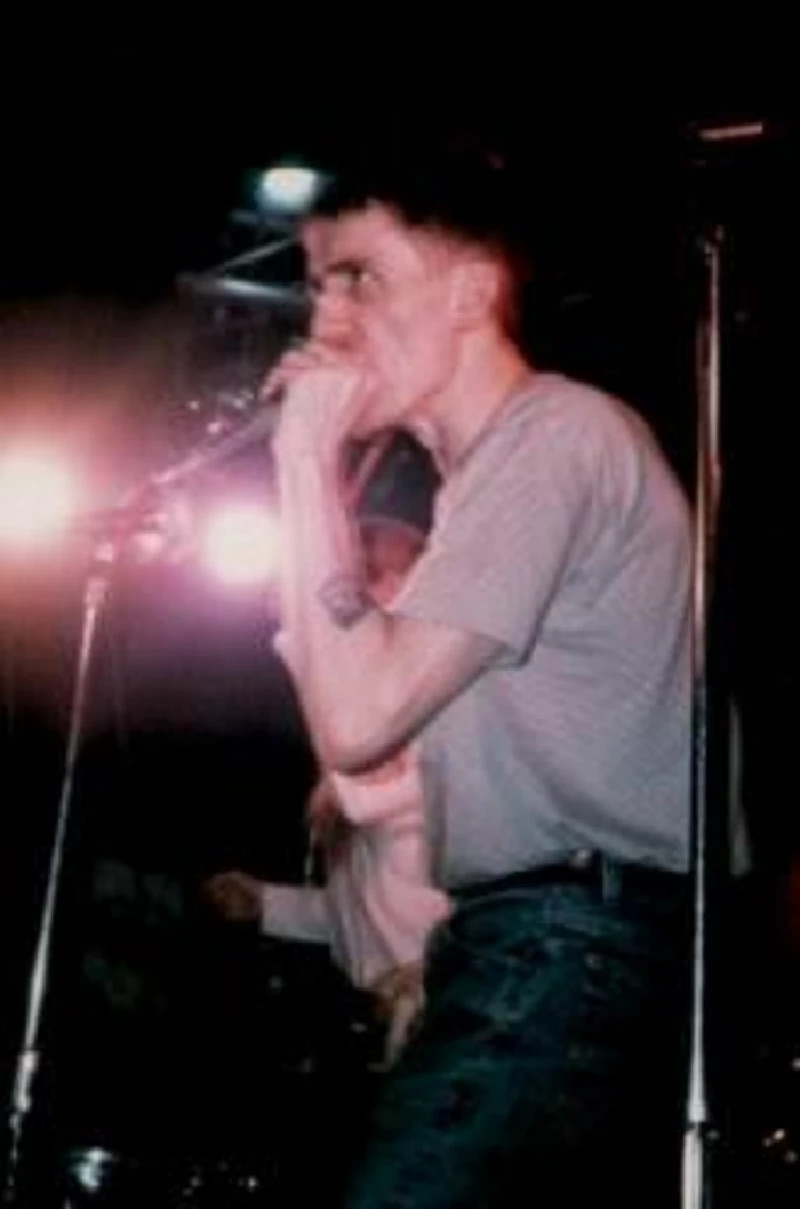
intro
Musician, poet , artist and underground legend Billy Childish has played in various bands over the years including the Pop Rivets, thee Headcoatees and the Buff Medways. Mark Rowland chats to him about his persistant refusal to play the media game
The Medway towns are clustered together in the north of Kent, just below London. Considering that the Medway towns unleashed Rik Waller on the nation, you would be forgiven for thinking that they were culturally dead and buried. But there is one man who keeps Medway on the map, a musician, poet and artist most famous for being controversial artist Tracey Emin’s ex, who counts the White Stripes, Beck, Graham Coxon from Blur and even Kylie Minogue among his fans. Billy Childish is an odd looking character. Sporting a moustache that was last fashionable in 1900, dressed in a second hand old army uniform when playing with his current band, the Buff Medways, he looks like something out of a time warp. He has fronted countless numbers of bands since the late 70's, releasing over 100 albums of music born from a love of the blues, rock ‘n’ roll, 60's r ’n’ b and punk rock - the catalyst for Billy to start making his own music. Phoning Billy Childish is a nerve-wracking proposition. He has a reputation for being a difficult interviewee, one that either tries to steer the conversation to his own agenda, or answers questions with very few words. Luckily, Billy is in a good mood. He is speaking from his home in Chatham, in an area “with a lot of ex-convicts what used to be a right light district.” He speaks in a slow, nasal Chatham-ese drawl, an accent similar to that you’d find in south or east London. As a Chatham native myself, I’m interested to know how the town inspires him. “Well,” he thinks for a moment. “It’s the fact that there’s very little cultural life around here, I suppose. If you want something, you’ve gotta do it yourself really. In the punk days, I used to go up to London and I used to ask these punk rock people like, I’d go up to Paul Weller and say ‘When’re you gonna come and play in Chatham?’ and he’d say ‘Where’s Chatham?’ I thought ‘These groups are great, they can come down and play where we live and that’, but you know, I think Chatham got off the circuit a long time before then. One time of course it would have been a very vibrant centre, with all the big theatres and everything, but they’d all closed by the late 50's. Everything was on the way out and the Pentagon shopping centre finished it off, and the dockyard closing.” When asked what keeps him in Chatham, you can almost see him shrugging as he says: “You stick to what you know I suppose.” The turning point of seventeen-year-old William Hamper’s life came when he heard the Sex Pistols 'Anarchy in the UK' on a jukebox while staying with his older brother in London. “My brother was vaguely interested and a few of his friends were like ‘hmm’. I heard that song and I thought ‘Now this…this is good.’” It wasn’t long before William Hamper had become Billy Childish, fronting his first band, the Pop Rivets, up until 1980. It was when he started learning guitar, however, that all his influences started coming together as one sound, a sound that took old musical styles and recording methods and filtered them through the post-punk era. The blues had become a more prominent influence on Billy as his guitar playing improved. He started really listening to the composition of songs that he liked and used them to improve his own playing and songwriting. “Our bass player at the time, Big Russ, bought a Link Wray album in Europe this one time,” Billy remembers. “I really liked it, it really helped me learned to listen to stuff and play better. I knew Leadbelly and I’d heard John Lee Hooker and my friend Sexton’s brother worked in a record shop. He had some seconds and Sexton gave me a second of a Leadbelly album and… I might have got my own John Lee Hooker album, or maybe someone gave me one. I knew these names like Muddy Waters and Bo Diddley was big, I liked Bo Diddley a lot because I knew about rock ‘n’ roll a bit, and Muddy Waters and Howlin’ Wolf and people like that were names that were there, so I bought the records and listened, and realised that that stuff was far more vibrant and lively than Duran Duran.” In his second band, the Milkshakes, Billy’s love of the blues, punk, 50's rock ‘n’ roll and 60's r ‘n’ b really came together. In the early 80's, where synths were the in thing, Billy’s music sounded very out of place. America. however, was going through its own underground punk rock revolution and the Milkshakes were welcomed with open arms. This explains why American rock stars line up to praise the self-proclaimed ‘amateur’ musician more than anyone else. Kurt Cobain was a big fan of Thee Mighty Caesars (Billy’s band in the late eighties), for example, as were other early 90's grunge bands like Mudhoney. With each rock star’s declaration of love for all things Childish comes a resurgence of interest from the mainstream music press. Most recently, it was Jack White that brought Billy back into the limelight. The man himself pays very little attention to press interest or celebrity fan worship: “You’ve gotta play the game and that means a lot of mutual backslapping. I find [the praise] flattering to a small degree. It’s handy sometimes; it means people latch on to our stuff for about five minutes. But the way these things affect you depends on your perception of things. “I got a phone call this one time from this bloke called Beck. He asked me to go to London and sing with him at this party thing and afterwards people were going on about it, but I didn’t know who he was from Adam, so it made no difference to me.” It isn’t only Americans that are fans of Billy’s work. Graham Coxon from Blur practically insisted that Mr Childish recorded an album for his label Transcopic. Billy’s lyrics paint a perfect picture of the Medway lifestyle. Chatham is by no means a vibrant town, with very little to do. The new buildings in the area are cold and ugly. The older buildings are suffocated by them. Most residents entertain themselves by getting drunk and fighting each other. If you’re not a fighter, you can count the pubs you can go to on one hand – that’s across all the Medway towns. “It’s funny you know,” Billy muses. “We had the same kind of unemployment here as they had in the worst hit places in the North and you’re meant to be on a cushy wicket in the South. If you go up to Newcastle, you can tell that the town’s really had money, or Liverpool, you know, the northern towns have got grandeur, whereas Medway, being just a sort of garrison town and dockyard town, you don’t have anything like Earl Grey Square or anything like that.” The fact that Billy refuses to play the media game in all areas of his work, that he makes music, writes books and poems and paints for his own enjoyment, is probably the key to his persistent presence in the art and music world. Unlike Pete Doherty and other tragic figures sucked into the music industry’s hype machine, Billy Childish can remain in the game for as long as he wants. His fan base has grown over the years through word of mouth, whereas if you gain most of your fans through media hype, once the hype dries up, your fans are gone. By not caring about the media and doing his own thing, William Hamper has become an underground legend – while current bands will disappear, he will always be there, churning out his rough blues rock. Billy Childish will never be fashionable, but he will always be cooler than the hot new thing.
Band Links:-
http://www.billychyldish.com/http://en.wikipedia.org/wiki/Billy_Childish
http://theebillychildish.co.uk/
https://www.facebook.com/billychildish
https://www.facebook.com/pages/Thee-Wild-Billy-Childish-page/140296925
https://twitter.com/childishinfo
Picture Gallery:-
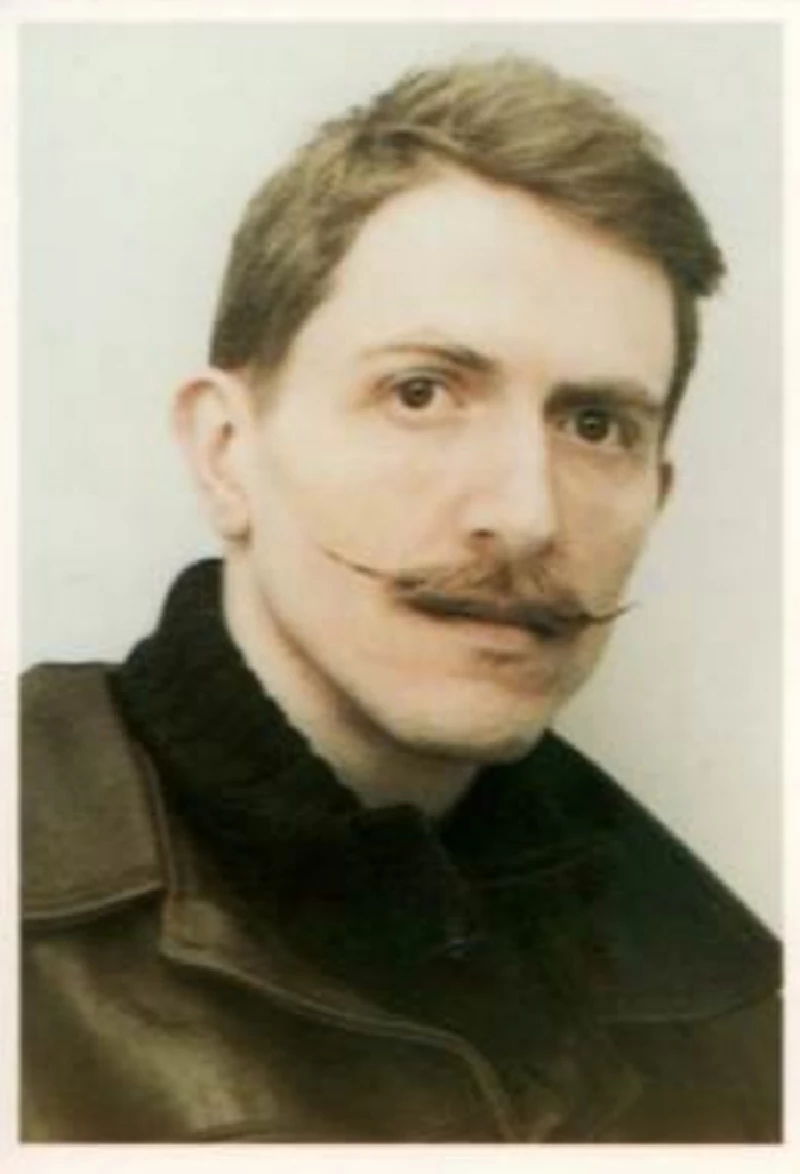
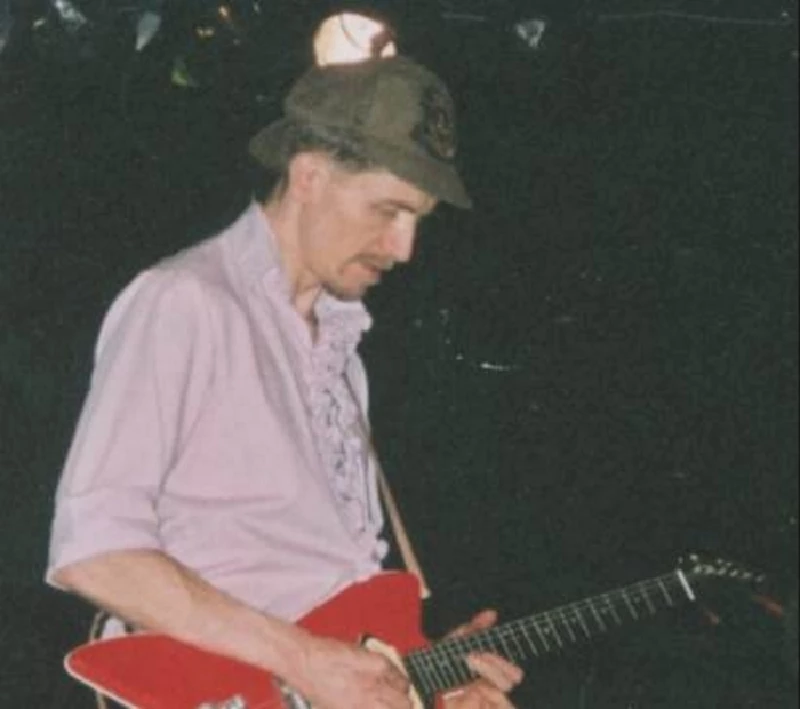
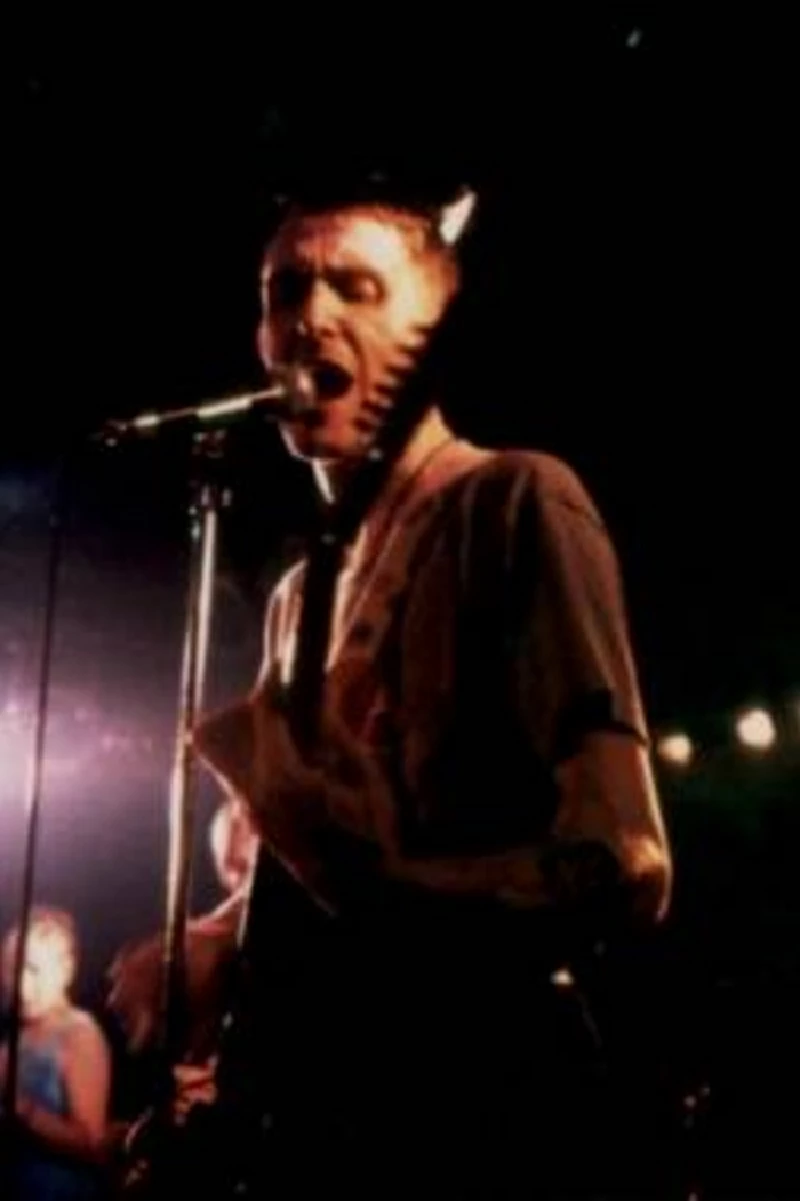
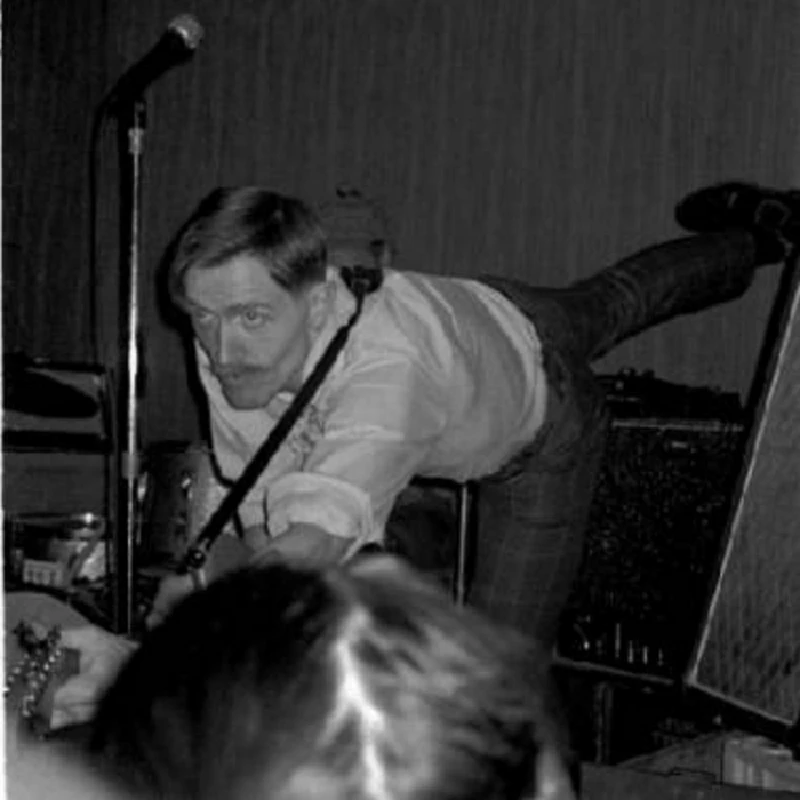
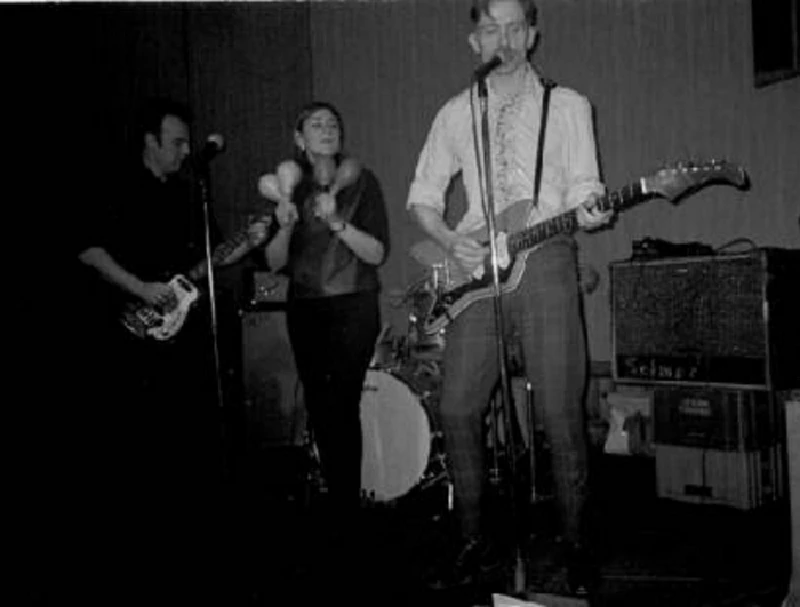
Visitor Comments:- |
| 93 Posted By: Murray, London on 20 Nov 2007 |
|
Billy plays regularly in London.
And is ALWAYS worth seeing.
Find his next date here:
http://www.dirtywaterclub.com
|
interviews |
|
Interview (2007) |
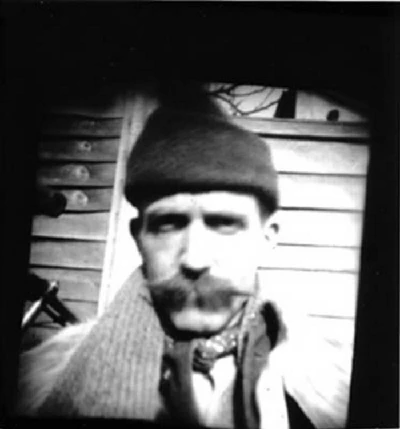
|
| At a concert in London, Mark Rowland speaks to controversial singer-songwriter Billy Childish about his new album 'Punk Rock at the British Legion Hall', his rejection of technology, his interest in painting and a recent show at the Royal Albert Hall |
reviews |
|
Archive From 1959 - The Billy Childish Story (2009) |
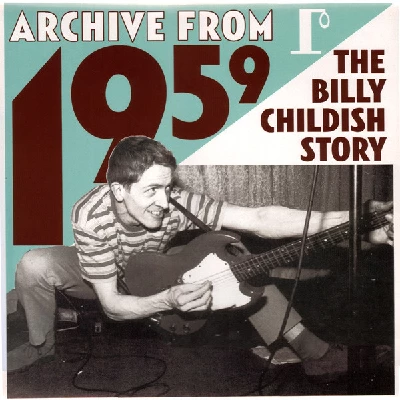
|
| Admirable career-spanning double CD compilation from eccentric Chatham-based musical outsider, Billy Childish, released to celebrate his 50th birthday |
most viewed articles
current edition
Carl Ewens - David Bowie 1964 to 1982 On Track: Every Album, Every SongArmory Show - Interview with Richard Jobson
Bathers - Photoscapes 1
Colin Blunstone - Thalia Hall, Chicago, 16/7/2025
Visor Fest - Valencia, Spain, 26/9/2025...27/9/2025
Billie Eilish - O2 Arena, London, 10/7/2025
Robert Forster - Interview
Loft - Interview
John McKay - Interview
Editorial - July 2025
previous editions
Heavenly - P.U.N.K. Girl EPManic Street Preachers - (Gig of a Lifetime) Millennium Stadium, Cardiff, December 1999
Oasis - Oasis, Earl's Court, London, 1995
Trudie Myerscough-Harris - Interview
Beautiful South - Ten Songs That Made Me Love...
Pixies - Ten Songs That Made Me Love...
Prolapse - Interview
Paul Clerehugh - Interview
Doris Brendel - Interview
Simon Heavisides - Destiny Stopped Screaming: The Life and Times of Adrian Borland
most viewed reviews
current edition
Amy Macdonald - Is This What You've Been Waiting For?Sick Man of Europe - The Sick Man of Europe
Alice Cooper - The Revenge of Alice Cooper
Phew, Erika Kobayashi,, Dieter Moebius - Radium Girls
Davey Woodward - Mumbo in the Jumbo
Lucy Spraggan - Other Sides of the Moon
Blueboy - 2
Cynthia Erivo - I Forgive You
Philip Jeays - Victoria
Lapsley - I'm a Hurricane, I'm a Woman In Love
Pennyblackmusic Regular Contributors
Adrian Janes
Amanda J. Window
Andrew Twambley
Anthony Dhanendran
Benjamin Howarth
Cila Warncke
Daniel Cressey
Darren Aston
Dastardly
Dave Goodwin
Denzil Watson
Dominic B. Simpson
Eoghan Lyng
Fiona Hutchings
Harry Sherriff
Helen Tipping
Jamie Rowland
John Clarkson
Julie Cruickshank
Kimberly Bright
Lisa Torem
Maarten Schiethart